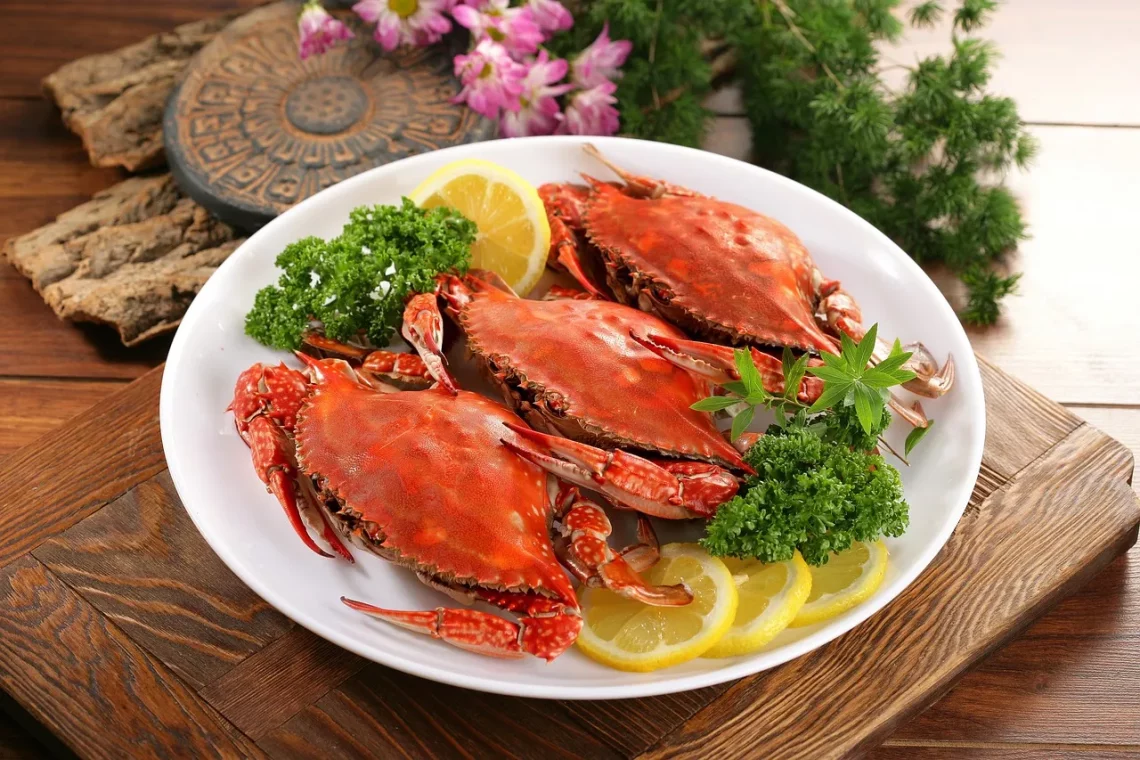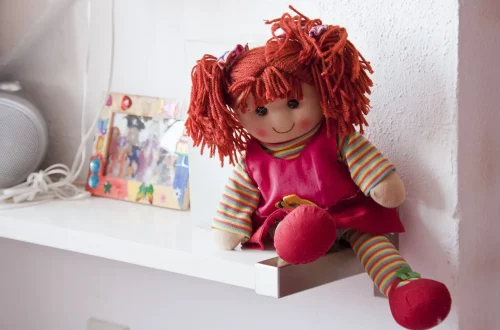
What Can Hermit Crabs Eat? A Guide to Their Dietary Needs
Hermit crabs are fascinating creatures that have captured the hearts of many pet owners and marine enthusiasts alike. With their unique habit of residing in shells that they find, these crustaceans are not just charming pets but also require specific care to thrive in captivity. One of the most critical aspects of hermit crab care is their diet. Understanding what hermit crabs can eat is essential for their health and well-being.
These creatures are omnivores, meaning they consume a variety of food types, including plant matter and protein sources. In the wild, their diet consists of algae, decaying plant material, and small invertebrates, which provide necessary nutrients. However, when kept as pets, hermit crabs depend on their owners to provide a balanced diet that meets their dietary needs.
As hermit crabs are sensitive to their environment and diet, it is crucial to offer them a range of foods to ensure they receive all the necessary vitamins and minerals. This article aims to explore the variety of foods suitable for hermit crabs, the importance of a balanced diet, and how to create a feeding routine that promotes their health.
The Importance of a Balanced Diet for Hermit Crabs
A balanced diet is vital for hermit crabs, as it directly influences their growth, shell health, and overall well-being. In captivity, these crustaceans can suffer from nutritional deficiencies if fed an unvaried diet. A diverse diet helps ensure that hermit crabs receive essential nutrients, including calcium, protein, and vitamins. Calcium is particularly crucial for hermit crabs because it aids in shell growth and maintenance. Without adequate calcium, hermit crabs may experience shell deformities or even shell loss, which can be fatal.
In addition to calcium, hermit crabs require protein for muscle development and energy. In the wild, they obtain protein from various sources, including detritus and small organisms. Therefore, replicating this aspect of their natural diet is essential when feeding them in captivity. Providing a mix of protein-rich foods, such as fish flakes, shrimp, and even small pieces of cooked chicken, ensures that hermit crabs remain strong and healthy.
Moreover, vitamins play a crucial role in the overall health of hermit crabs. A lack of essential vitamins can lead to a weakened immune system, making them more susceptible to diseases. Foods rich in vitamins include fruits and vegetables, which should be included in their diet to promote vitality and longevity. For instance, leafy greens, carrots, and berries are excellent choices that supply necessary nutrients.
Ensuring that hermit crabs have access to fresh, clean water is equally important. Not only do they need water for hydration, but it also plays a role in digestion. A shallow dish filled with dechlorinated water should be provided at all times. This setup encourages hermit crabs to stay hydrated and helps them maintain their gills.
Ultimately, a balanced diet tailored to the specific needs of hermit crabs is essential for their health. By offering a variety of foods and ensuring they have access to adequate hydration, pet owners can help their hermit crabs thrive in captivity.
What Foods Are Safe for Hermit Crabs?
When it comes to feeding hermit crabs, there are numerous options available that can provide them with a balanced diet. It’s essential to choose foods that are safe and nutritious for these creatures to promote their health.
One of the safest and most common food sources for hermit crabs is commercial hermit crab food. These specialized pellets and flakes are formulated to meet the dietary needs of hermit crabs, containing a mix of protein, vitamins, and minerals. While commercial food can be an excellent base for their diet, it should not be the sole source of nutrition.
Fresh fruits and vegetables also play a significant role in a hermit crab’s diet. Some safe options include apples, bananas, leafy greens, carrots, and bell peppers. These foods are not only nutritious but also provide hydration, which is crucial for hermit crabs. However, it is important to wash fruits and vegetables thoroughly to remove any pesticides or chemicals that could harm the animals.
In addition to fruits and vegetables, protein sources are necessary for hermit crabs. Cooked shrimp, fish, and chicken can be offered in small amounts. Additionally, mealworms and dried insects are excellent protein-rich snacks that hermit crabs enjoy. When introducing new protein sources, it’s best to do so gradually to avoid upsetting their digestive system.
Calcium sources are equally important, as previously mentioned. Cuttlebone, crushed eggshells, and coral calcium can be provided to ensure that hermit crabs receive enough calcium for shell health. These items can be placed in their habitat, allowing the crabs to nibble on them as needed.
Finally, it’s essential to avoid certain foods that can be harmful to hermit crabs. Foods high in salt, sugar, and preservatives should be avoided, as they can cause health issues. Additionally, citrus fruits and garlic can be toxic to hermit crabs, so these should be excluded from their diet.
By providing a variety of safe and nutritious foods, hermit crab owners can ensure their pets receive a well-rounded diet that supports their health and well-being.
Feeding Habits and Tips for Hermit Crab Owners
Establishing a feeding routine is essential for hermit crab owners to ensure that their pets receive the right amount of food and nutrients. Here are some helpful tips for feeding hermit crabs effectively.
First and foremost, it’s essential to set a regular feeding schedule. Hermit crabs thrive on routine, so feeding them at the same time each day can help establish a predictable pattern. Most owners find that feeding their hermit crabs in the evening or early morning works best, as these creatures are primarily nocturnal.
When offering food, it’s vital to place it in a shallow dish to prevent spillage and contamination. This setup also makes it easier for hermit crabs to access their meals. Additionally, providing a separate dish for water is crucial, as it allows hermit crabs to hydrate without the risk of their food becoming soggy.
Portion control is another important aspect of feeding hermit crabs. Overfeeding can lead to waste accumulation and can harm the crabs’ health. A good rule of thumb is to provide a small amount of food that the crabs can consume within a few hours. Any uneaten food should be removed to prevent spoilage and maintain a clean habitat.
Moreover, introducing variety into their diet is essential for preventing boredom and ensuring all nutritional needs are met. Rotating different foods, including fruits, vegetables, and protein sources, can keep hermit crabs engaged and healthy. It also allows owners to observe their pets’ preferences and adjust their diet accordingly.
Finally, monitoring the health and behavior of hermit crabs is crucial. Changes in appetite, lethargy, or shell condition can indicate dietary issues or health problems. Regular check-ups and proper care can help address any concerns early on.
In conclusion, creating a feeding routine that prioritizes a balanced diet and the unique needs of hermit crabs can lead to a healthier and happier pet. By following these tips, owners can ensure their hermit crabs thrive in their care.
**Disclaimer:** This article is not intended as medical advice. For any health-related concerns regarding your hermit crabs, please consult a veterinarian or a qualified expert in animal care.




